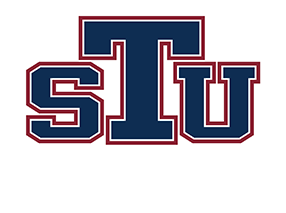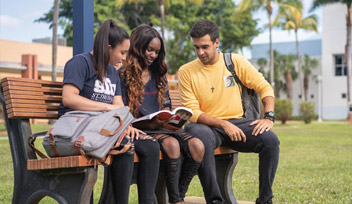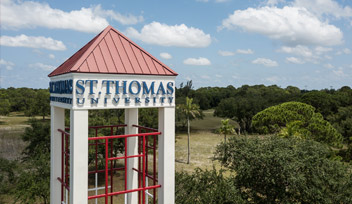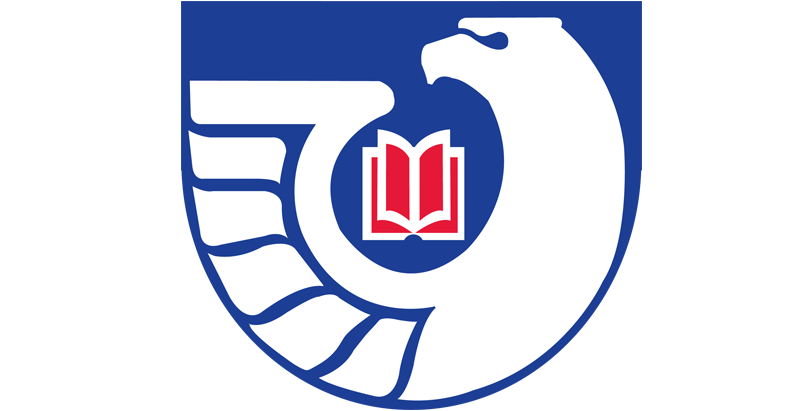Copyright Information
The Copyright Law of the United States (Title 17, United States Code) governs the use, reproduction, publication, and distribution of copyrighted materials.
Copyrighted intellectual works, regardless of format, may not be reproduced, published, transmitted, or distributed without written permission from the copyright owner.
The University Library adheres to the law and provides guidance in the use of copyrighted materials.
Section 107 of the Copyright Law establishes that limited reproduction of copyrighted materials for personal, educational purposes — commonly known as “fair use” — does not constitute a violation of the law:
[T]he fair use of a copyrighted work…for purposes such as criticism, comment, news reporting, teaching (including multiple copies for classroom use), scholarship, or research is not an infringement of copyright.
The following criteria are used to evaluate the fair use of copyrighted materials in an educational setting:
- 1. The purpose and character of the use, including whether such is of a commercial nature or is for nonprofit educational purpose,
- 2. The nature of the copyrighted work,
- 3. The amount and substantiality of the portion used in relation to the copyrighted work as a whole, and
- 4. The effect of the use upon the potential market for or value of the copyrighted work.
St. Thomas University Policy on Intellectual/Creative Property
Additional Resources
Government information on Copyright and Fair Use
American Library Association copyright information (including resources for educators and related links)
Resources on Copyright and Fair Use for students
Columbia University Checklist to determine fair use






